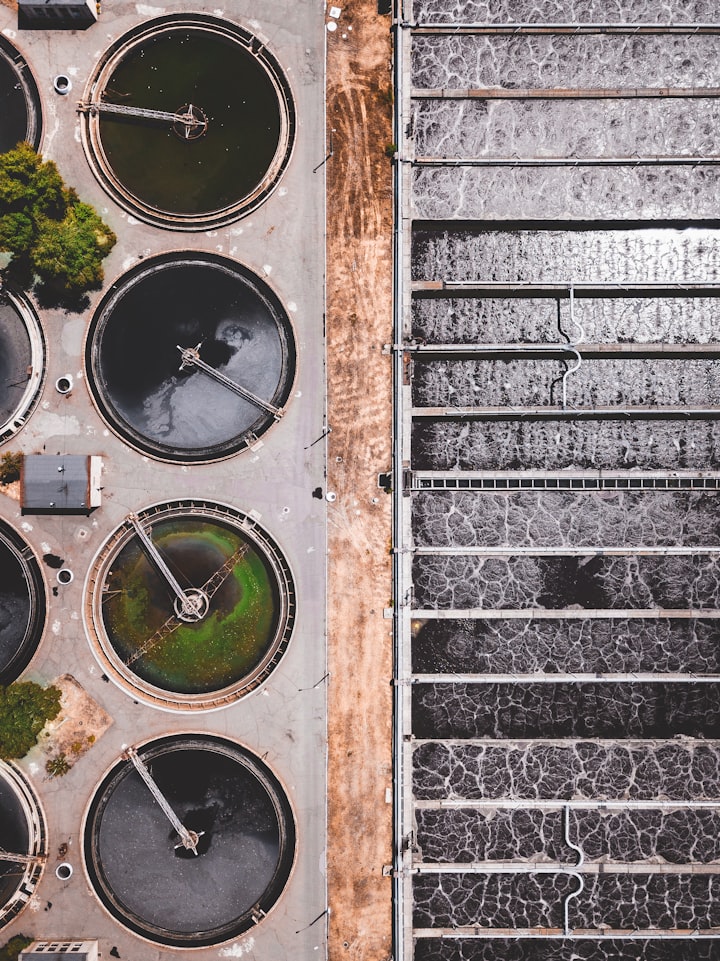
Introduction
Welcome to our blog post on the sewage treatment plant in Kerala. In this article, we will explore the significance of wastewater treatment and effluent treatment, highlighting how the sewage treatment plant in Kerala is leading the way in sustainable water management practices.
The Importance of Wastewater Treatment
Wastewater treatment plays a crucial role in maintaining public health and protecting the environment. As urbanization accelerates, so does the generation of wastewater. Effective treatment processes ensure safe disposal and reuse of water resources. The sewage treatment plant in Kerala employs state-of-the-art methods to remove impurities and contaminants from wastewater, making it suitable for various applications such as irrigation and industrial use. This not only helps conserve freshwater sources but also reduces the risk of waterborne diseases, ensuring a healthier and safer environment for communities.
Effluent Treatment: Ensuring Safe Discharge
Effluent treatment is a critical component of wastewater management, ensuring that the treated water meets stringent regulatory requirements before discharge into the environment. At the sewage treatment plant in Kerala, effluent treatment is carried out through various processes, such as chemical coagulation, biological treatment, and advanced filtration. These methods effectively remove remaining organic and inorganic pollutants, minimizing the impact on receiving water bodies and safeguarding aquatic ecosystems. Compliance with environmental regulations and frequent monitoring further assure the quality of effluent, ensuring sustainable water management practices.
The Wastewater Treatment Process
The sewage treatment plant in Kerala utilizes a comprehensive wastewater treatment process consisting of several stages. Firstly, primary treatment involves the removal of large solids and debris from the wastewater through physical processes like screening and sedimentation. In the secondary treatment phase, biological processes such as activated sludge or trickling filters break down organic matter, converting it into harmless byproducts. This is followed by tertiary treatment, where advanced filtration methods like membrane filtration or sand filtration further remove any remaining suspended solids, pathogens, and trace contaminants. Chemical disinfection or ultraviolet (UV) radiation may be used to ensure the water meets the required standards for public health and environmental safety.
Benefits of Sustainable Wastewater and Effluent Treatment
Implementing sustainable wastewater treatment plant in Kerala and effluent treatment practices brings numerous benefits. By treating and reusing wastewater, the demand for freshwater resources can be reduced, conserving water for future generations. Additionally, it helps protect the environment by preventing pollution of rivers, lakes, and groundwater. The removal of contaminants and pathogens from wastewater mitigates the risk of waterborne diseases, ensuring improved public health. Sustainable practices also contribute to eco-friendly development, aligning with global sustainability goals and reducing the carbon footprint associated with water treatment.
The Role of Public Awareness
Public awareness is crucial in promoting sustainable water management practices. Education initiatives and awareness campaigns can highlight the benefits of wastewater treatment and effluent treatment, explaining the processes involved and emphasizing the role of the individual in conserving water resources.
The Future of Water Management
As wastewater generation increases, water management must evolve to meet the growing demand. Sustainable practices will be vital in protecting public health and the environment. The sewage treatment plant in Kerala stands as a model for efficient wastewater and effluent treatment, inspiring other regions to adopt similar sustainable solutions. Technological advancements such as smart sensors and intelligent control systems are also paving the way for more efficient and sustainable water management practices, ensuring a greener future for generations to come.
Conclusion
The Effluent treatment plant in Kerala serves as a model for sustainable wastewater and sewage treatment. By employing advanced treatment processes, adhering to regulatory standards, and focusing on environmental protection, the plant ensures safe water disposal and promotes a greener future. These practices can inspire other regions to adopt similar sustainable solutions, contributing to improved water management and a healthier environment for all.
About the Creator
mishab
Digital Marketing Strategist | E-commerce Account Manager | SEO & Social Media Specialist | Online Branding Expert | Freelancer






Comments
There are no comments for this story
Be the first to respond and start the conversation.